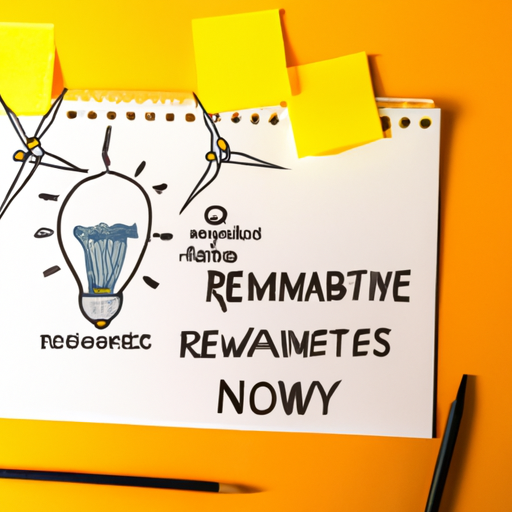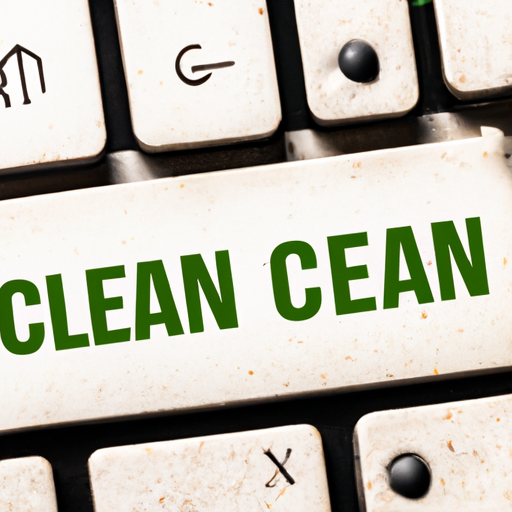The concept of the circular economy is gaining traction across the globe as businesses and governments seek sustainable solutions to combat environmental challenges. Innovations in this space are not only pivotal for reducing waste but also for promoting sustainable business practices. In this article, we’ll explore some of the most exciting innovations that are shaping the future of circular economies.
1. Advanced Recycling Technologies
Traditional recycling methods can be inefficient, leading to significant amounts of waste still being sent to landfills. Innovative technologies, such as chemical recycling, allow for the breakdown of plastics into their original monomers, enabling the production of new plastics from recycled materials. Companies like Loop Industries are on the forefront of this technology, promising to reduce plastic waste dramatically.
2. Eco-friendly Materials
The development of sustainable materials is making a tremendous impact in various industries. For instance, biodegradable plastics made from plant materials or seaweed are gaining popularity. Brands like Biofa are leading the charge with sustainable coatings and varnishes that do not compromise on performance.
3. Product-as-a-Service Models
Instead of the traditional model of selling products, businesses are now offering services. This model encourages manufacturers to create longer-lasting products and take ownership of their end of life. Companies like Philips and Interface are adopting this approach, allowing customers to lease products instead of purchasing them, thereby ensuring that they are returned for recycling or refurbishment.
4. Waste-to-Energy Solutions
Waste-to-energy innovations are proving to be key players in the circular economy game. Technologies that convert waste materials into energy are making significant strides. Facilities that utilize anaerobic digestion not only reduce waste but also convert it into renewable energy. This process can provide a sustainable electricity supply while reducing methane emissions from landfills.
5. Digital Platforms for Circular Supply Chains
Technology is playing a vital role in promoting circular economies through innovative digital platforms. Companies are utilizing blockchain to track products throughout their lifecycle, ensuring that materials are reused efficiently and transparently. Startups like Everledger are pioneering this approach, enhancing the traceability of sustainable sourcing.
Conclusion
The shift to a circular economy is essential for building a sustainable future. Through innovative technologies and business models, companies are finding ways to reduce waste, enhance resource efficiency, and create sustainable products. These innovations not only benefit the environment but also pave the way for more resilient economies.









